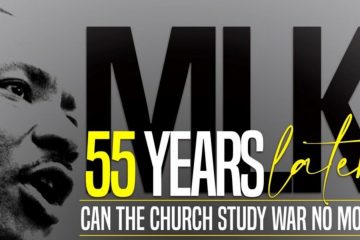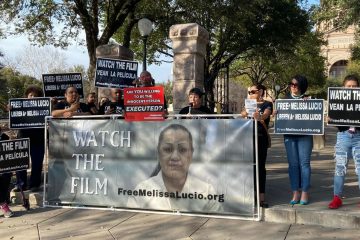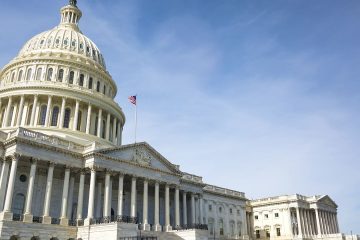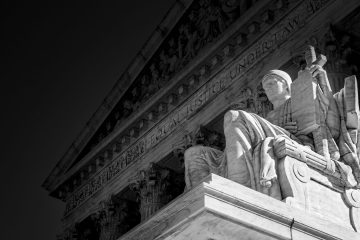From Ferguson To Kiev: Dr. Bernice King to Join National Faith Leaders to Interrogate US Militarism at Home & Abroad
Returning to the site and sound of MLK’s legendary ‘Beyond Vietnam’ speech to examine the enduring evils of racism, materialism, and militarism 55 years later
NEW YORK – LIVE FREE USA joins The Quincy Instit...










